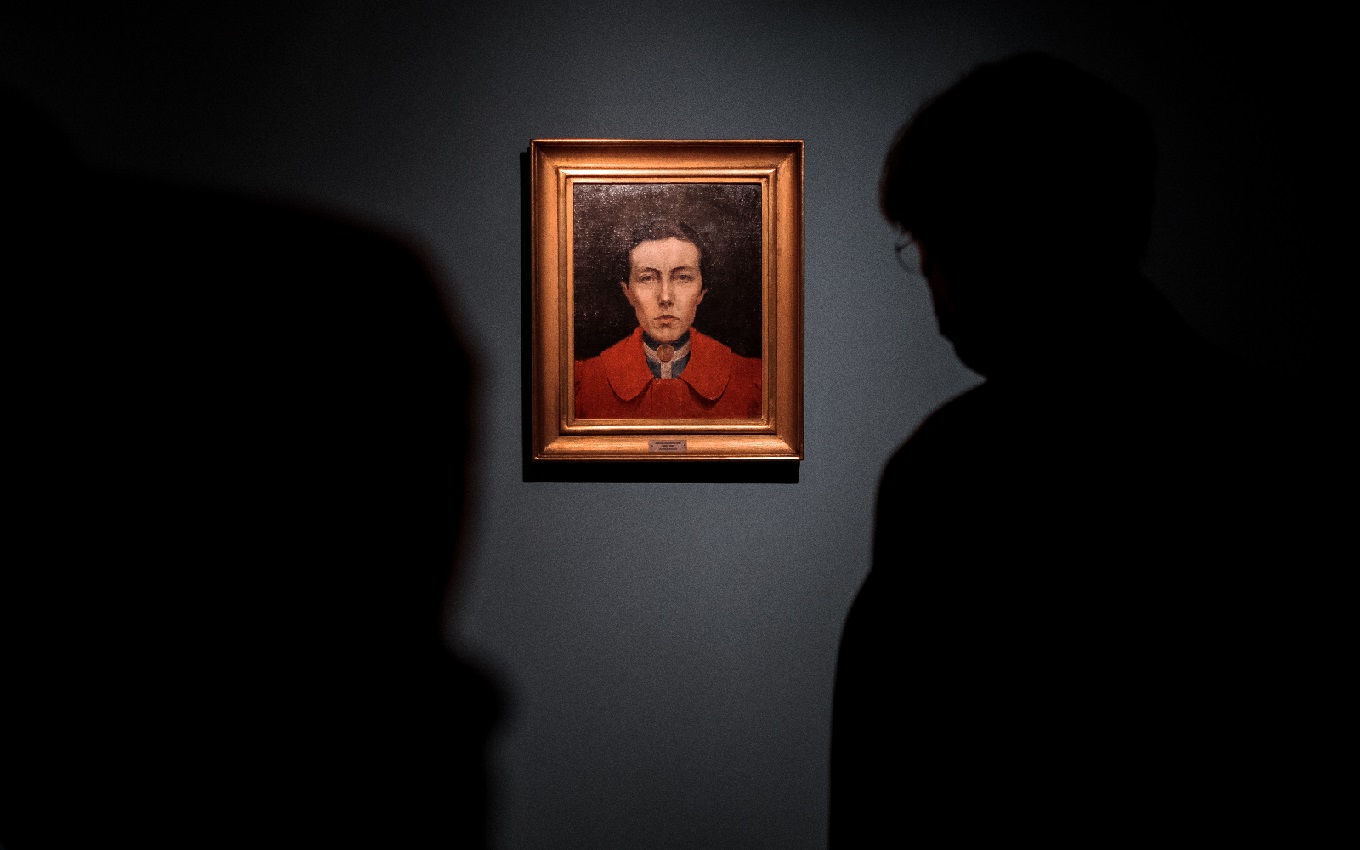“The tension continues with works by major figures in Portuguese art – several of them represented in quasi-survey presentations that enable a broad understanding of their oeuvre.”
Art Newspaper, june 2022

The travelling exhibition All I want. Portuguese women artists from 1900 to 2020, which was on display in the Gulbenkian Foundation from 2 June to 23 August 2021, moved to the Centre de Création Contemporaine Olivier Debré, in Tours, where it will be available until 4 September 2022. The exhibition forms part of the Portugal-France Season 2022 and is an initiative by the Ministry of Culture.
Curated by Helena de Freitas (CAM) and Bruno Marchand (Culturgest), the exhibition takes to the French city around 200 works by 40 Portuguese women artists, created between 1900 and 2020. The title of the exhibition – ‘tout ce que je veux’ in French – is inspired by Lou Andreas-Salomé, an author who formulated one of the most striking reflections on women’s role in the social, intellectual, sexual and amorous space.
As was the case with the Lisbon edition, which was rated one of the best exhibitions of 2021 by various critics, the Modern Art Centre will be present in Tours through the loan of more than 50 works from its collection, demonstrating various typologies, different styles and diverse materials.
Curators: Helena Freitas (CAM) and Bruno Marchand (Culturgest)
This exhibition brings together about two hundred works by forty Portuguese women artists. Its primary objective is to assist in rectifying the systematic erasure that works by these artists — like so of their sisters elsewhere in the world — have suffered since time immemorial. Focusing on works produced between 1900 and 2020, "All I Want" unfolds along a number of axes that reveal the artists’ clear desire to assert themselves in the face of the dominant systems of consecration: the gaze, the body (their body, the bodies of others, the body as a political entity), the space and the way in which they occupy it (house, nature, studio), the means by which they cross disciplinary boundaries (painting and sculpture, of course, but also video, performance and sound) and the determination with which they advance within an ideal of construction that transforms, both themselves and those in their orbit.
These themes are thrown into sharp relief throughout the exhibition, without being rigidly mapped out via a set narrative. The works were not selected by ticking off items on a prescribed list. Instead, the pieces themselves steered the thrust of the exhibition, leading us to the themes, suggesting dialogue between artists from different generations and revealing a plethora of rich connections. "All I Want" is an organic body run through with currents, tensions and nuances of semantics and form. These guide us through the rooms and allow the exhibition to blossom forth and wield its effect in space and time.
These artists have won their place through the sheer quality of their work, in spite of all obstacles placed in their path. Celebrating their victory means that we have to resist the illustrative approach that a show centred around gender (women artists) or nationality (Portuguese) might suggest. At the same time, we must be mindful that even now, with the 21st century well under way, nothing is settled in terms of gender equality, and that these works are examples of the long, collective struggle for women’s right to full recognition as artists. The evidence of their endeavours imbues viewers both with a sense of hope and an increased awareness of their own responsibility.








Artists: Aurélia de Sousa, Mily Possoz, Rosa Ramalho, Maria Lamas, Sarah Affonso, Ofélia Marques, Maria Helena Vieira da Silva, Maria Keil, Salette Tavares, Menez, Ana Hatherly, Lourdes Castro, Helena Almeida, Paula Rego, Maria Antónia Siza, Ana Vieira, Maria José Oliveira, Clara Menéres, Graça Morais, Maria José Aguiar, Luísa Cunha, Rosa Carvalho, Ana Léon, Ângela Ferreira, Joana Rosa, Ana Vidigal, Armanda Duarte, Fernanda Fragateiro, Patrícia Garrido, Gabriela Albergaria, Susanne Themlitz, Grada Kilomba, Maria Capelo, Patrícia Almeida, Joana Vasconcelos, Carla Filipe, Filipa César, Inês Botelho, Isabel Carvalho, Sónia Almeida.
Biographies